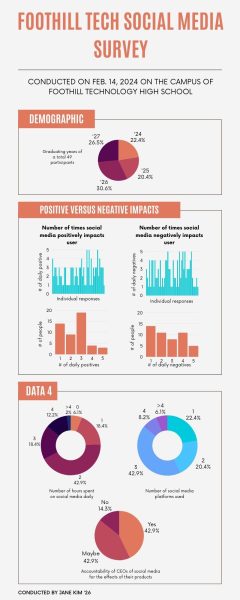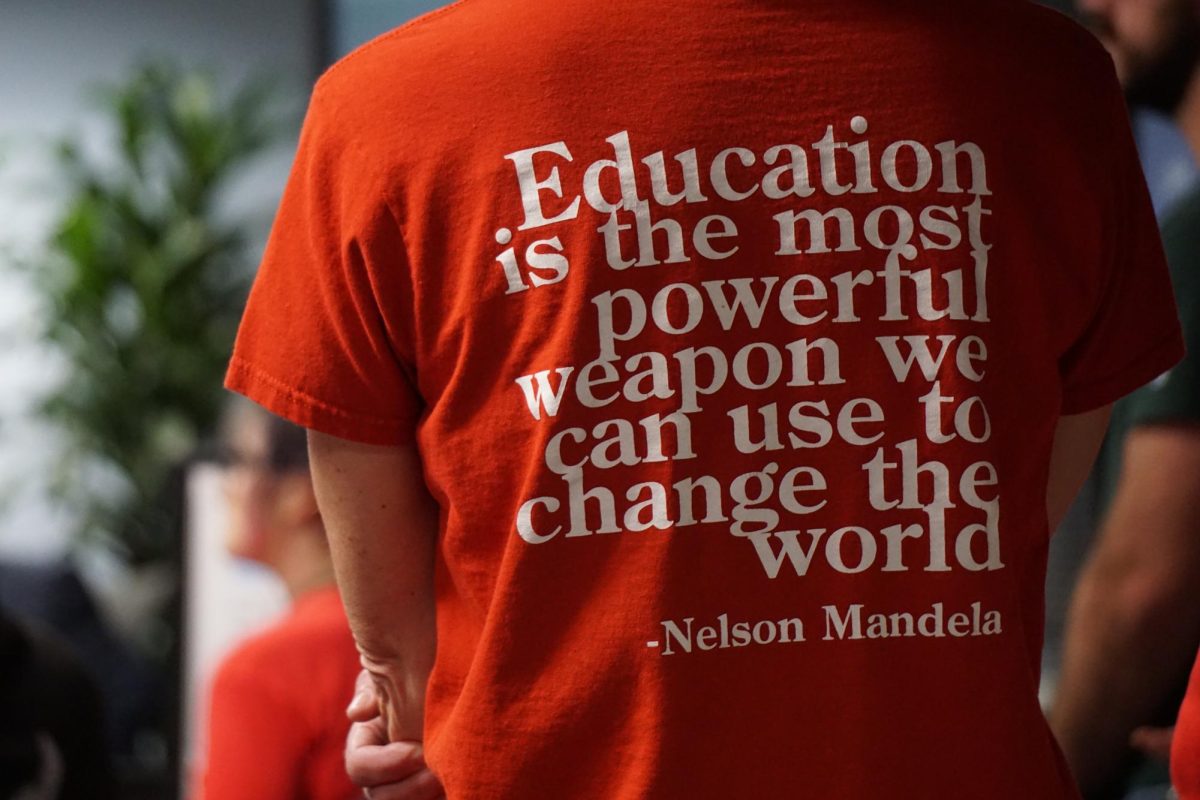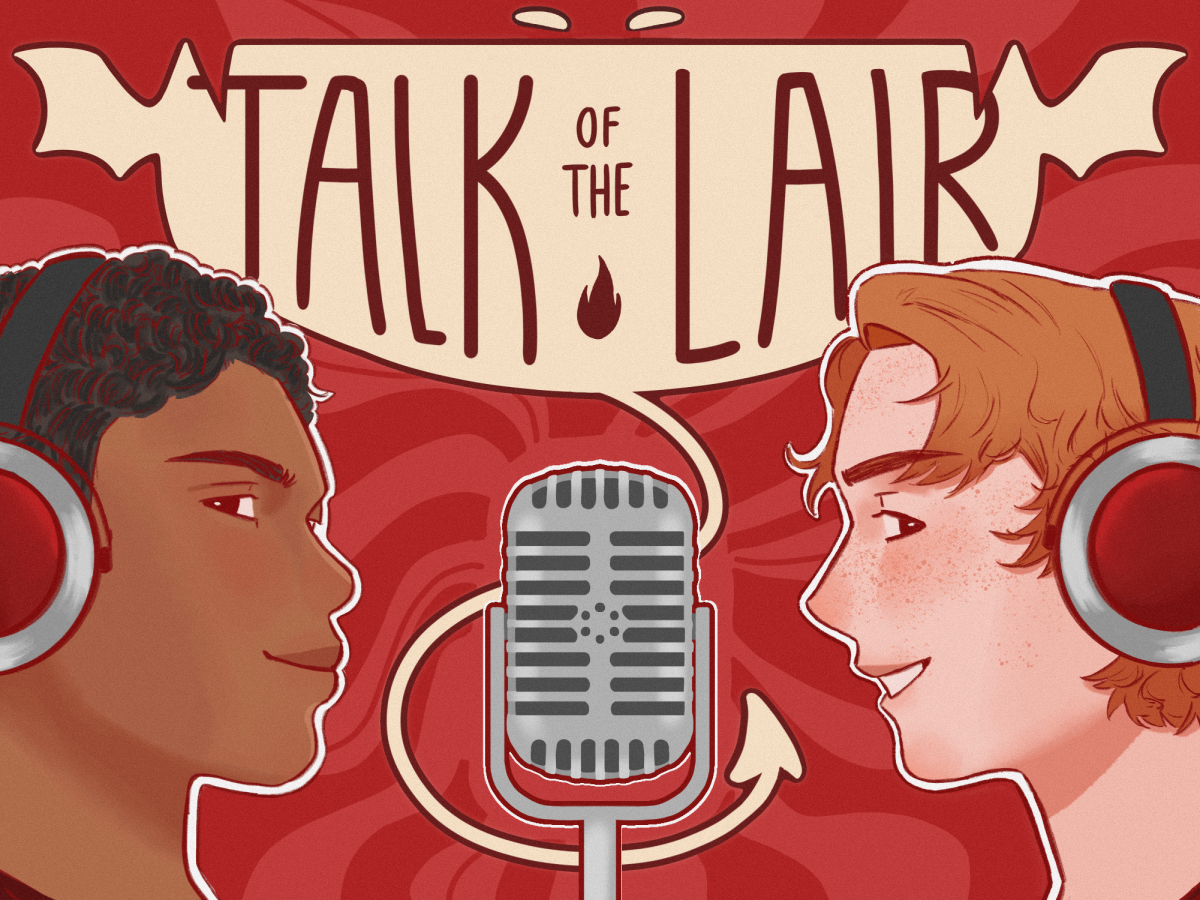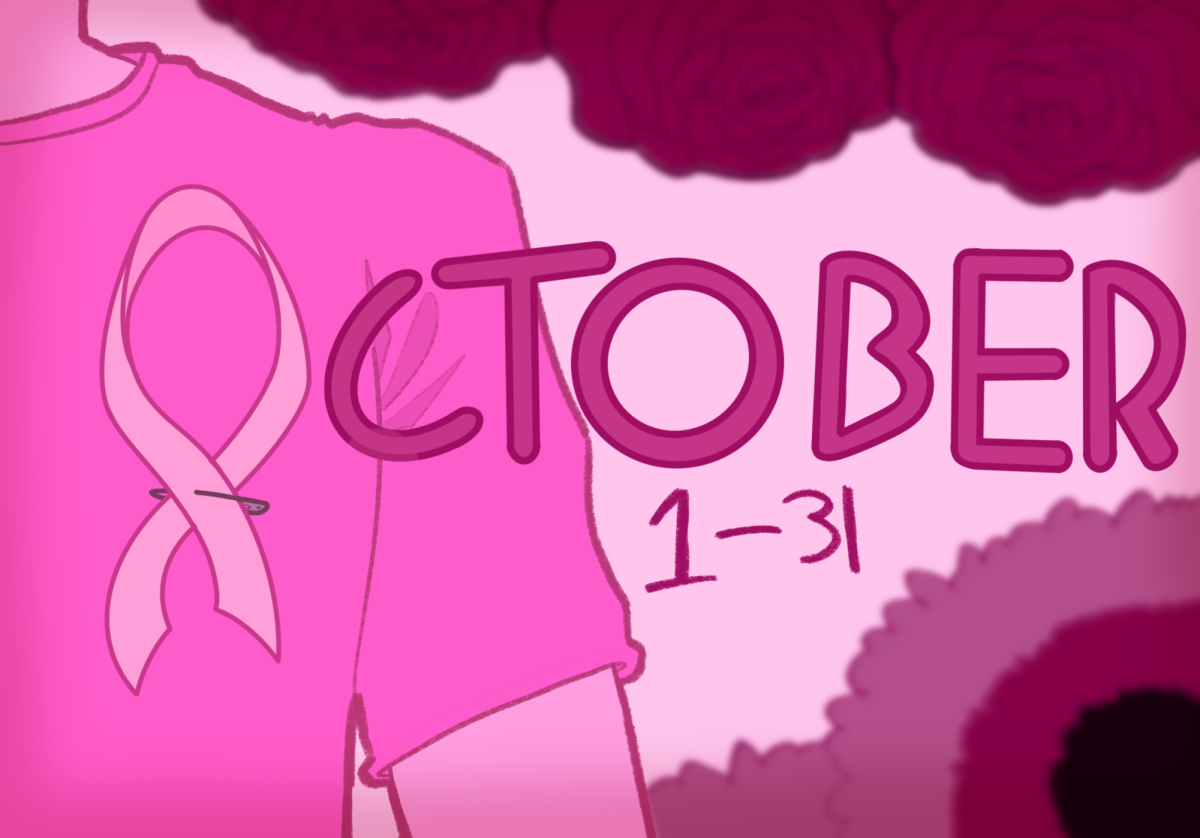Over the past years, social media platforms have steadily been building empires of wit and addiction. Targeting increasingly younger audiences with each passing generation, the satirized tech-savvy image of Generation Alpha (Gen Alpha) has flooded the internet.
Not only do endless streams of content provide entertainment curated for anyone’s personal taste, but they also now have the influence to affect general knowledge of current events, allowing for unprecedented rates of misinformation and deliberate fake news. Furthermore, the overuse of social media can lead to decline in mental health, relationships and the safe environment for developing children and teenagers.
The perfect introductory example is the United States Senate Committee on the Judiciary’s (Senate Judiciary Committee) hearing on social media’s role in child exploitation that took place on Jan. 31, 2024. Executives of top social media companies Meta, Discord, Snap Inc., TikTok and X (formerly known as Twitter) testified before a full committee panel about numerous cases of child exploitation, including the coercing of children and non-consensual distribution of sexual imagery.
Evan Spiegel, CEO of Snap Inc. was questioned on the multiple instances of illegal drug acquisition by children via Snapchat, while Mark Zuckerberg of Facebook was pressured by senators to apologize to the parents of children who died following sexual harassment or exploitation on social media. Clearly, there is a dire condition on the internet that must be more thoroughly diagnosed and treated.
Another prevalent concern is the consumption of short-form news on social media platforms such as TikTok. In their Jan. 27 to Feb. 2, 2024 issue, The Economist reported that “[Social media] uploads on everything from product recalls to the war in Gaza caricature traditional news reports, aggregate them — and compete with them.” Unfortunately, this emerging craft of fast and simplified news coverage is oftentimes the main source of information amongst younger generations.
Pew Research Center, in a survey conducted from Sept. 25 through Oct. 1, 2023, found that the number of young adults ages 18 through 29 who regularly get news from TikTok have more than tripled from 2020, jumping from nine to 32 percent. Out of TikTok users, 43 percent regularly get news from the site.

While this may seem like an innocent operation at first glance, the consequences of these dumbed-down versions of politics, world conflicts and social issues have certainly raised more than just a few eyebrows.
News-oriented content that users consume on social media desensitize and lessen the gravity of the actual situation and encourage “black and white” viewpoints, Foothill Technology High School (Foothill Tech) student Rylie Hannah ‘26 explained. Hannah elaborated by saying, “The media you’re consuming is so short, you’re not getting a nuanced perspective. I think I interacted with more of the stuff, but I wasn’t learning anything useful.”
The aim of social media platforms isn’t to deliver reliable information — it’s to keep users glued to the content. While most individuals have heard or been instructed to be wary of trusting information on the internet, many are still influenced by unproven claims, accidental misinformation and purposeful disinformation.
Although popular news sources have also delivered false information in the past, such as the promotion of the false voter fraud theory by Fox News after the 2020 U.S. presidential election, it’s nonetheless probably best to stick to professional journalists and news outlets — while continuing to practice caution, of course.
The impacts of social media extend further, however. A survey conducted on the campus of Foothill Tech on Feb. 14, 2024, found that more than half of students use three or more social media platforms, and around three quarters of students are on social media for two or more hours daily.
So, what’s the issue with spending copious amounts of time online? Excessive use of social media can cause teens to develop “addictions,” which only lead to further detrimental effects on the quality of life. Yale Medicine stated, “exposure to social media can overstimulate the brain’s reward center and, when the stimulation becomes excessive, can trigger pathways comparable to addiction.” They also described that, “Excessive use has also been linked to sleep problems, attention problems and feelings of exclusion in adolescents.”
However, it’s still important to remember that online communities can also serve as a creative outlet and space that enables self-expression. Additionally, it’s no secret that online platforms are a great way for teens to branch out and meet like-minded peers. Used responsibly as a tool and not a crutch, social media has the potential to be a great addition to all lives.
Now, all everyone has to do is recognize that social media won’t always have their backs and instead might be a computerized trap.
























